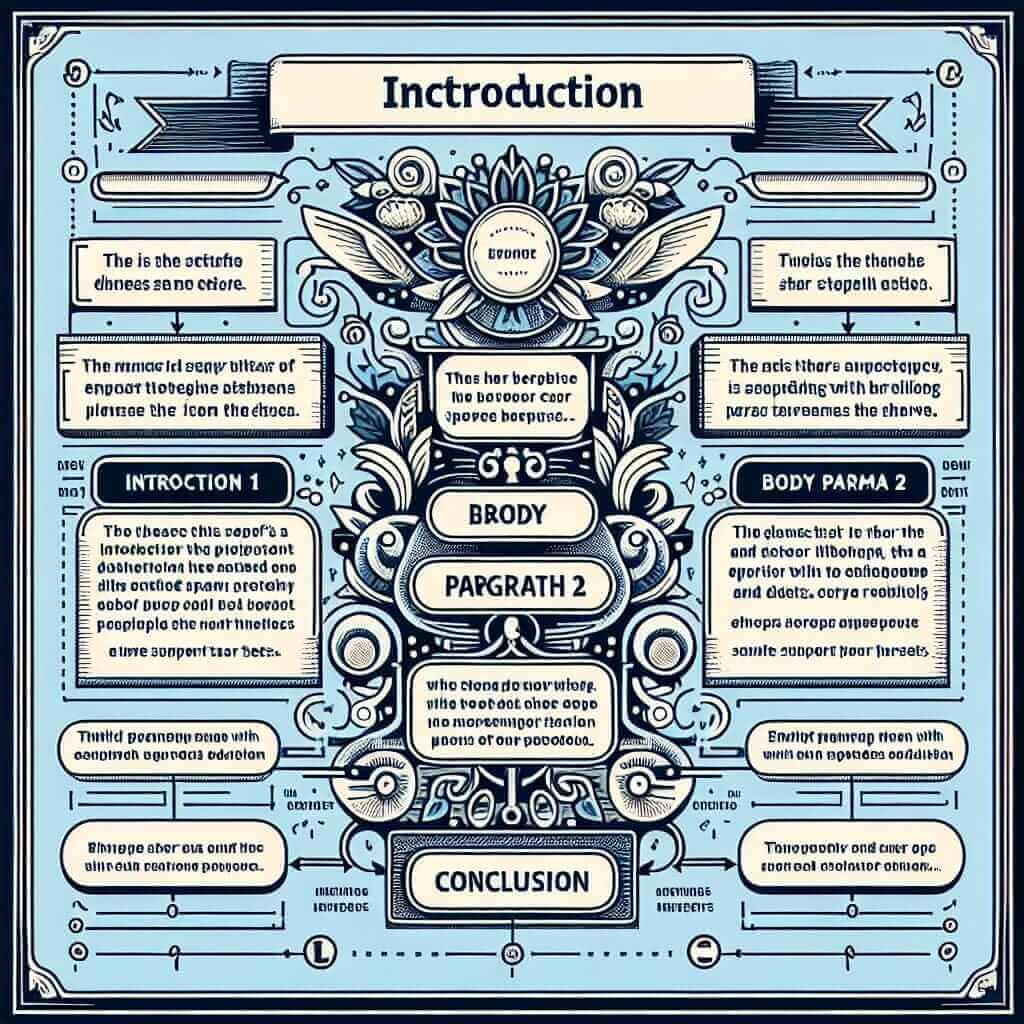As an IELTS instructor with over 20 years of experience, I often get asked by my students about the “grammatical range and accuracy” criteria in the IELTS Speaking test. Many find this aspect particularly daunting, but understanding what it entails can significantly boost your confidence and performance.
Understanding Grammatical Range and Accuracy
In simple terms, “grammatical range” refers to the variety of grammatical structures you use in your spoken English. It’s about demonstrating that you can confidently use a mix of simple and complex sentences. “Grammatical accuracy,” on the other hand, focuses on how well you use these structures. It assesses your ability to form grammatically correct sentences with minimal errors.
Imagine building a house. “Grammatical range” is like having a variety of building materials – bricks, wood, glass, etc. “Grammatical accuracy” is about assembling those materials correctly to create a structurally sound house. Both are crucial for achieving a high band score.
 IELTS Grammar Range and Accuracy
IELTS Grammar Range and Accuracy
How to Demonstrate Range and Accuracy in Your Speaking Test
1. Expand Your Grammatical Repertoire
Don’t limit yourself to basic sentence structures. Here are some areas to focus on:
- Tenses: Go beyond the simple present, past, and future. Practice using different tenses (present perfect, past perfect, future continuous, etc.) to express yourself accurately and effectively.
- Sentence Structures: Incorporate a mix of simple, compound, and complex sentences. Learn to use relative clauses, conditional clauses, and other complex structures.
- Voice: Show your ability to use both active and passive voice appropriately.
2. Focus on Accuracy
While using a variety of structures is important, accuracy is paramount. Common areas to pay attention to include:
- Subject-verb agreement: Ensure your verbs agree with their subjects in number (singular/plural).
- Article usage: Use articles (“a,” “an,” “the”) correctly.
- Prepositions: Pay attention to the correct use of prepositions (“in,” “on,” “at,” “to,” etc.).
- Word order: Follow the correct word order in English sentences.
Examples from Real IELTS Speaking Tests
Example 1 (Lack of Range):
- Examiner: What do you enjoy doing in your free time?
- Candidate: I like watch movie. I also like play games on my phone.
Example 2 (Improved Range and Accuracy):
- Examiner: What do you enjoy doing in your free time?
- Candidate: Well, I’m a big fan of movies, so I often find myself watching a film or two during my leisure time. Additionally, I’m quite interested in mobile gaming, and I tend to spend a bit of time playing games on my phone.
Notice how the second example uses a wider range of vocabulary and grammatical structures, making the response more engaging and demonstrating a higher level of English proficiency.
Tips for Success
- Practice Regularly: Consistent practice is key. Speak English as much as possible and record yourself to identify areas for improvement.
- Seek Feedback: Ask a teacher or language partner to provide feedback on your grammar and accuracy.
- Learn from Mistakes: Don’t be afraid to make mistakes. See them as opportunities for learning and growth.
Conclusion
Mastering grammatical range and accuracy is an ongoing process, but with dedication and the right approach, you can significantly improve your performance in the IELTS Speaking test. Remember, it’s not just about knowing the rules; it’s about applying them confidently and naturally in your spoken English. Good luck!


